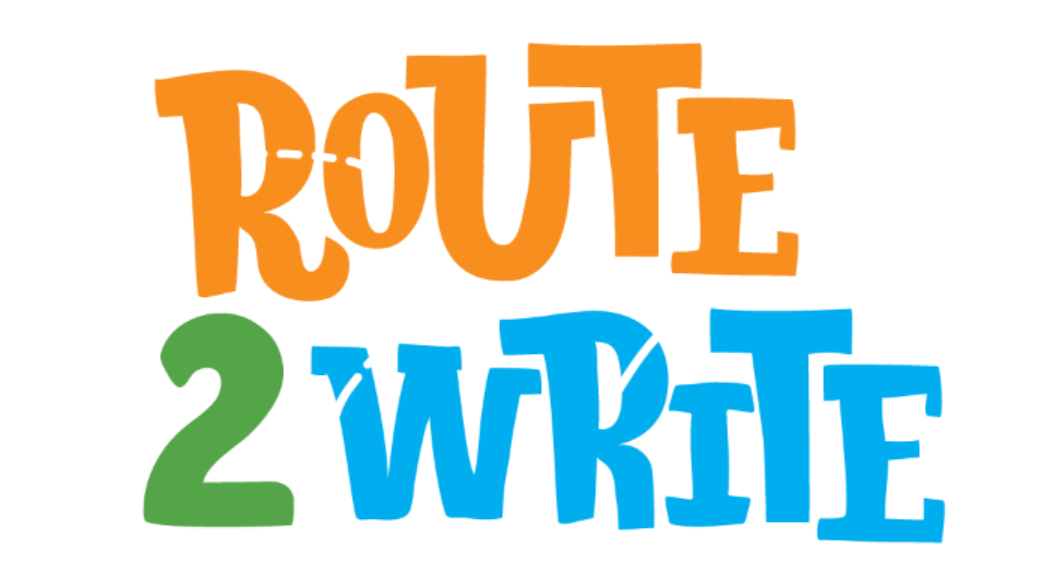- Over-reliance on AI
When students overuse AI, they miss key learning opportunities and fail to develop essential problem-solving and critical-thinking skills. While AI can assist with some areas, students must engage actively with their work to grow academically.
Signs of Overreliance:
✔Sudden change in writing fluency or vocabulary beyond the student’s usual level.
✔Students skipping key stages of learning, such as planning and revising.
✔A decline in independent problem-solving and creativity.
Blind Trust in AI Responses
AI doesn’t understand or think like humans - it predicts responses based on patterns in its training data. This can lead to incorrect historical facts, biased perspectives, or false citations in student work.
Risks of Blind Trust:
✔AI-generated sources that don’t exist.
✔Incorrect or biased information presented as fact.
✔Lack of personal engagement with the subject matter.
Academic Dishonesty
Some students may be tempted to use AI to complete assignments without contributing their own effort. This can range from having AI rewrite a paragraph to submitting full essays generated by AI. Parents and teachers should explain why originality matters.
Risks:
Risks:
✔Loss of the chance to build essential writing and analytical skills.
✔Risk of submitting work that isn’t their own, leading to plagiarism issues.
✔Inability to think critically and develop unique insights.
Key Takeaways for Parents
✔AI should support, not replace, student learning.
Encourage fact-checking and critical thinking when using AI tools.
✔Discuss academic integrity and the importance of originality.
✔Stay actively involved in your child’s learning—review their work, discuss AI use, and encourage responsible engagement with technology.
✔By understanding these risks, parents can help ensure that AI remains a valuable learning tool rather than a shortcut to avoid thinking.

